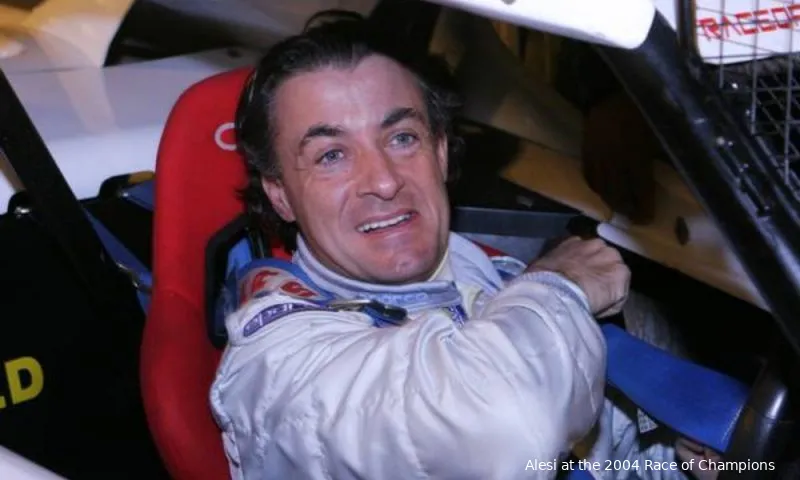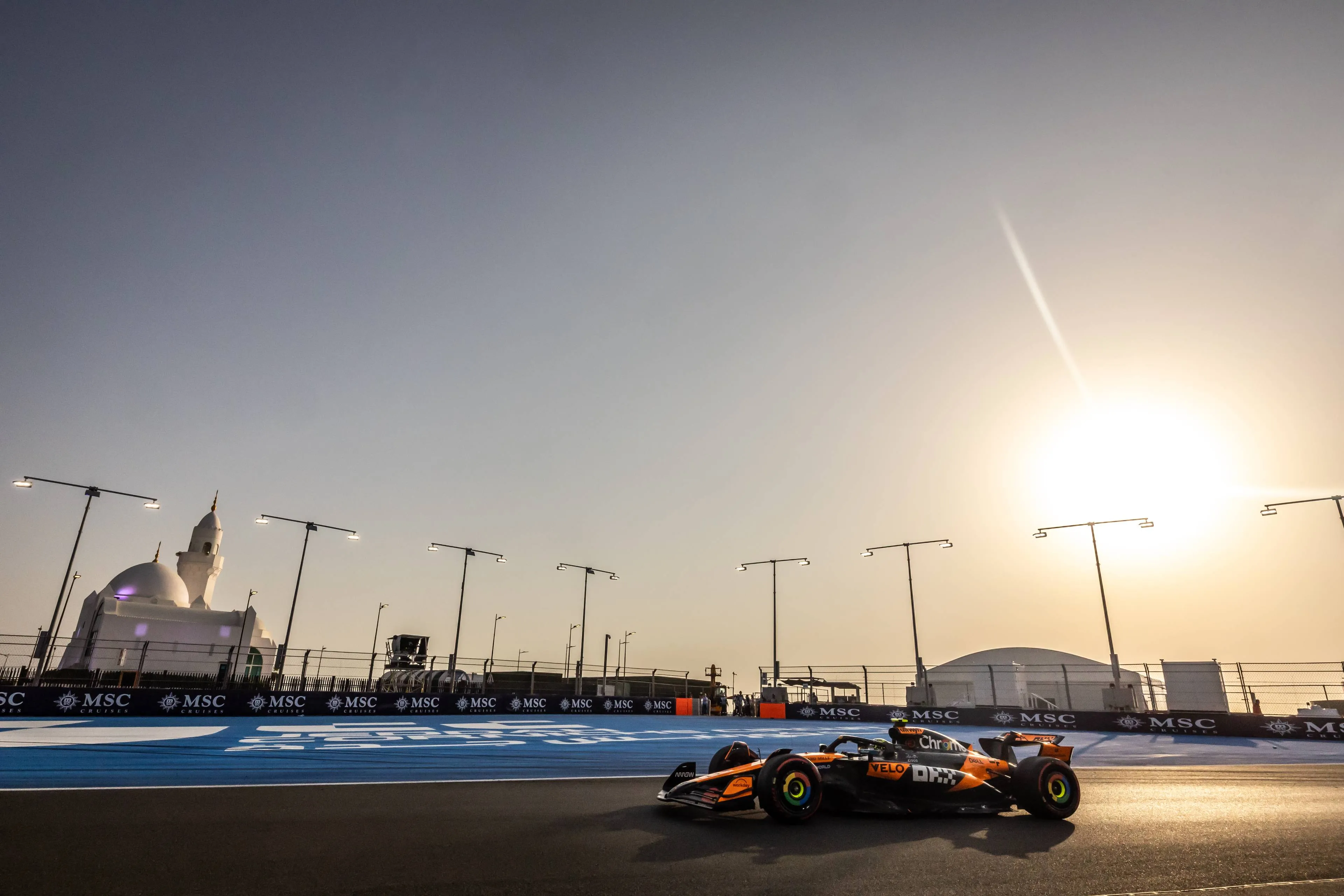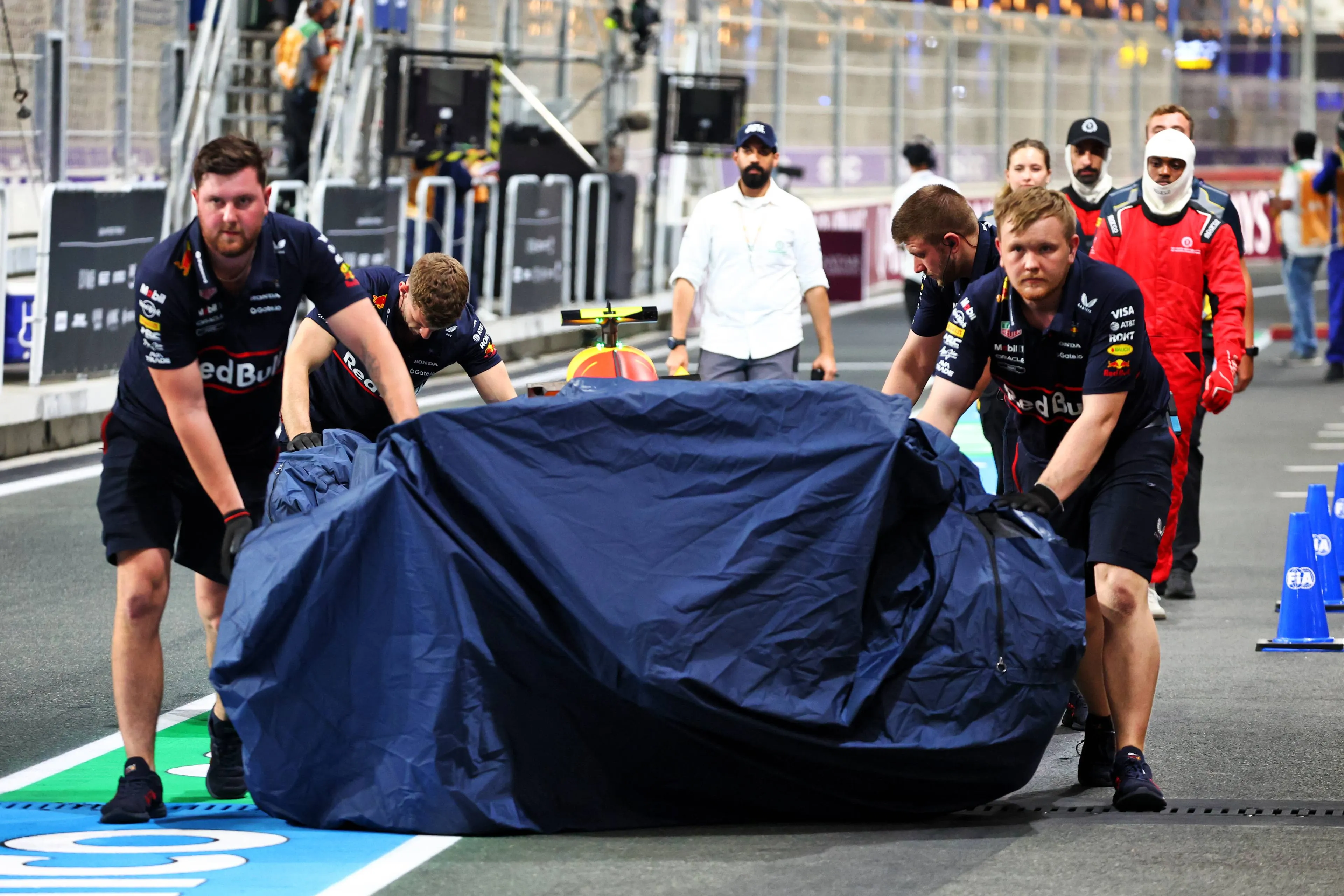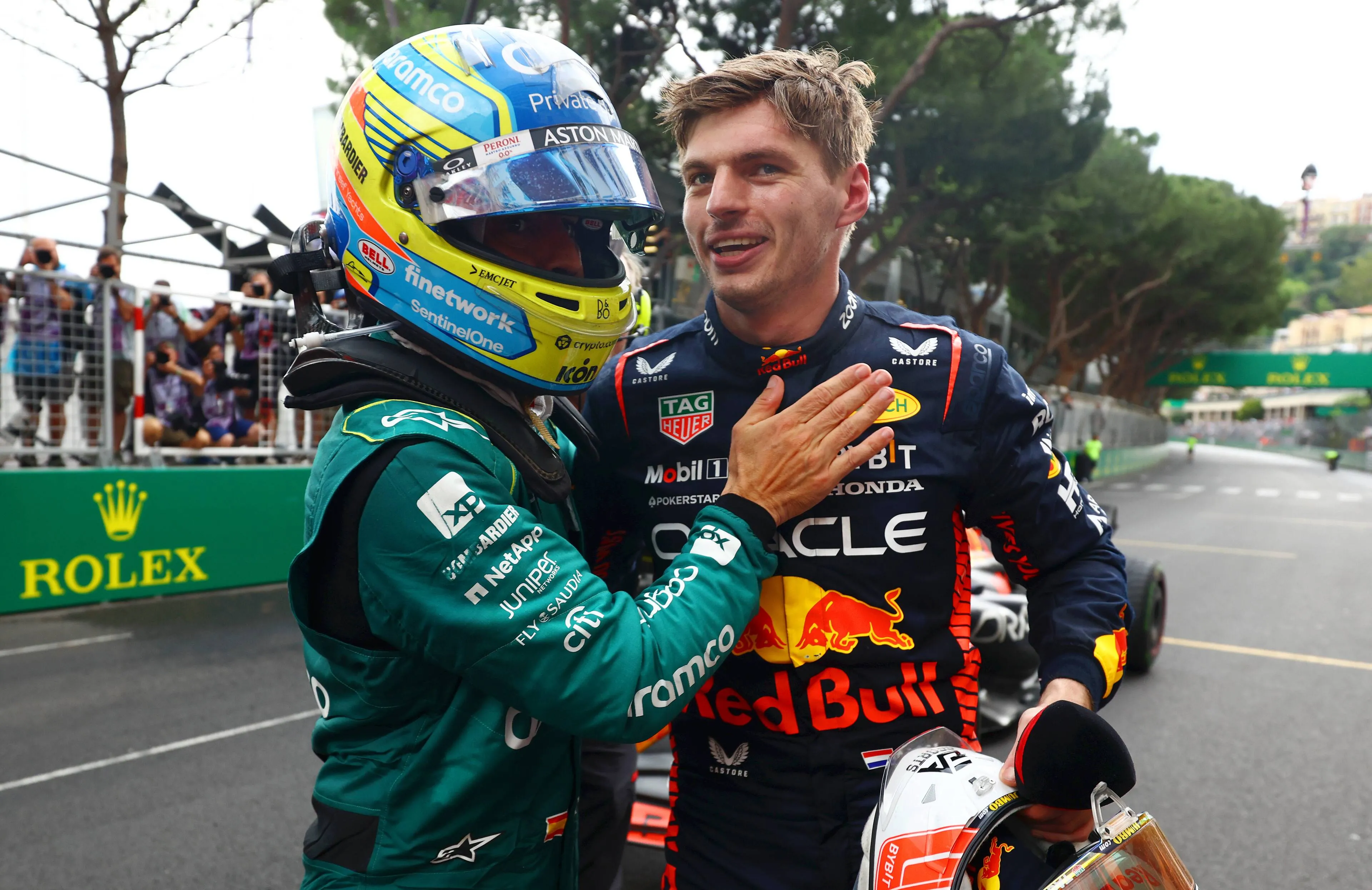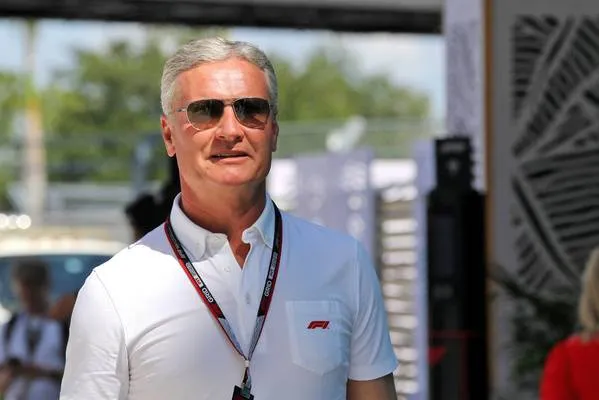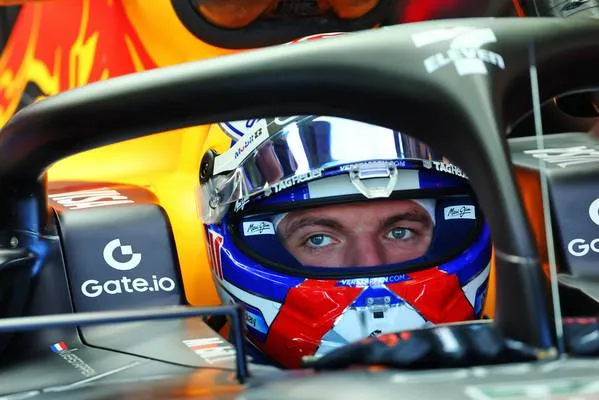Welcome back to GPBlog’s countdown to the Australian Grand Prix, the season opener of the 2020 campaign. It’s just five weeks until lights out down under, meaning it’s time for number 35 on our list of the top 50 F1 drivers of all time. Yesterday we looked at Jacques Villeneuve, but today we’ll be talking about one of the unluckiest drivers of recent times, Jean Alesi…
Alesi is often talked about as one of the most talented drivers of the 1990s, but a brief look at his statistics don’t back that up. Two pole positions and one Grand Prix win aren’t incredible stats, that’s true, but he appeared on the podium 32 times and was horribly unlucky with team choices.
When Michele Alboreto left Tyrrell midway through 1989, Alesi filled the seat, finishing fourth on debut at his home French Grand Prix.
He combined the rest of the F1 season with his successful Formula 3000 campaign, where he took the title in F1’s most notable feeder series of the time.
His performances encouraged Tyrrell to keep him for 1990 and he repaid them with two second placed finishes in the USA and Monaco. Alesi sat third in the standings after the first four rounds, but the car was never competitive enough to stay there and he ended the season in ninth.
Nevertheless, his performances were good enough to receive the call from Ferrari to drive for them. He performed solidly up against teammate Alain Prost, scoring three podiums and was retained for the following year as Prost was sacked for comments made in the media.
Joined by Ivan Capelli, Alesi outperformed his new teammate but Ferrari were going through a dry patch, which meant Alesi could only manage seventh in the standings again.
He stayed at the Scuderia and became a fan favourite, scoring regular podium finishes and winning his only F1 race at the Canadian Grand Prix in 1995. He finished ahead of his more experienced teammate Gerhard Berger but was about to make a bad decision.
Michael Schumacher had decided to join Ferrari, so Alesi switched to Schumacher’s old Benetton team, with the squad coming off the back of consecutive titles, with Berger following him.
Benetton weren’t so good in 1996 and although Alesi started the season with two podiums in three races, he trailed the Williams duo of Damon Hill and Jacques Villeneuve.
Benetton’s development stagnated through the season as Schumacher’s Ferrari improved, and by the end of the season the German was above Alesi in the standings, having won three races to Alesi’s zero.
1996 did see Alesi’s highest points tally in F1 with 47 and he scored five more podiums in 1997 to take fourth once again.
Now aged 33, Benetton decided to go for a younger line-up for 1998 and Alesi joined Sauber where he scored one further podium finish at the Belgian Grand Prix of that year.
He would stay in F1 until 2001, spending time with Prost before ending his career with five races at Jordan, retiring at the end of that season.
Sometimes statistics can be misleading. Yes, Alesi only had one win and never finished in the top three of the F1 standings, but he outperformed almost every teammate he came up against, with the exception of Alain Prost. Had it been for a bit more luck and some better cars, Alesi would certainly have become a multi-time Grand Prix winner.
Read more about:
Popular on GPBlog
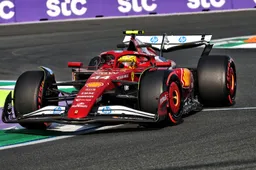
1
F1 LIVE | Follow FP2 for the 2025 Saudi Arabian Grand Prix
887 times read

2
Mercedes 'not the right place' for Verstappen, concludes former strategist James Vowles
805 times read

3
Vasseur acknowledges issues with Hamilton's performance but looks at "very positive point"
591 times read

4
McLaren dominates long runs after impressive Friday in Saudi Arabia
578 times read
